

With the same honeyed voice and enchanting, finger-picked acoustic instrumentals, singer-songwriter Bedouine returns with the release of her new album Waysides. A harmonious blend of her tried-and-true style, Bedouine is a master of her craft, seamlessly interweaving the gems of Laurel Canyon, the self-appointed capital of the 60s music scene, country crooners and the varied eclectic styles of psychedelic folk. Filled to the brim with folk stories for the modern age, Waysides was surprisingly never intended to be an album at all.
“Waysides was a little bit different from my other work because it really started as a casual idea. I really wanted it to be an offering to people who are already fans of Bedouine,” she says. “I thought it would be an intimate thing to share like, ‘Here are a bunch of songs that I was never going to release.’ Given that I was not going anywhere for a while, I decided to put them together and make it a little package for people, should they be interested.”
The hundreds of thousands of streams on the album prove that people are definitely interested. Born Azniv Korkejian in Aleppo, Syria to an Armenian family, Bedouine (derived from the Arabic word “badawī,” a nomadic Arab of the Arabian, Syrian or northern African deserts) has been somewhat of a nomad herself. As she came of age in Saudi Arabia, her family ended up winning a Green Card lottery and eventually settled in Boston, and shortly after, Houston. Driven by work and dreams of working in sound-editing, Korekjian traveled to places like Kentucky and Georgia, experiences that all led her to Los Angeles, where she is currently based.
“The day I drove away from Texas to go towards my college in California, I stopped in the morning at a pawn shop to grab a guitar because I realized that I wouldn’t be able to go to my friend’s house to play their guitar,” says Korkejian. “Having my own guitar pushed me towards playing music. I was really just teaching myself, and it was a way to write songs. I didn’t necessarily want to get really good at the guitar; it’s still that to me. I like not knowing what I’m doing. I love having a beginner’s mind.”
Her adventures as a wanderer gave way to songs like “The Solitude,” “Forever Everette,” “I Don’t Need the Light,” and “Sonnet 104”—songs that range from dreamy ballads to downcast lilts to Nick Drake and Elliot Smith-esque instrumentals that capture Bedouine’s sound. The album gives listeners a euphoric peek into her personal world, some of the songs being over a decade old. Over the years, the songs evolved and shaped into the gorgeous melodies of Waysides.
“My songwriting process can really vary from song to song. It’s a pretty intuitive process, so I don’t really have one formula. I just like to explore an idea, usually it starts with a phrase or maybe a melody,” Korkejian recalls. “It can be as short as a sentence. And I’ll just sit down with it, sometimes it works, sometimes it doesn’t. It always starts with a small seed of an idea. Songwriting was always a hobby of mine, but I never fully expected it to become a career.”



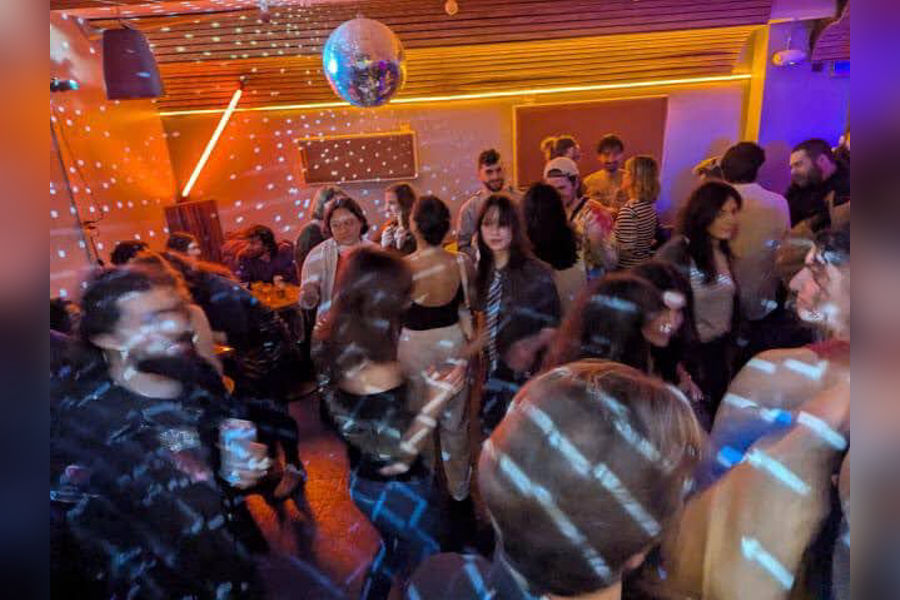
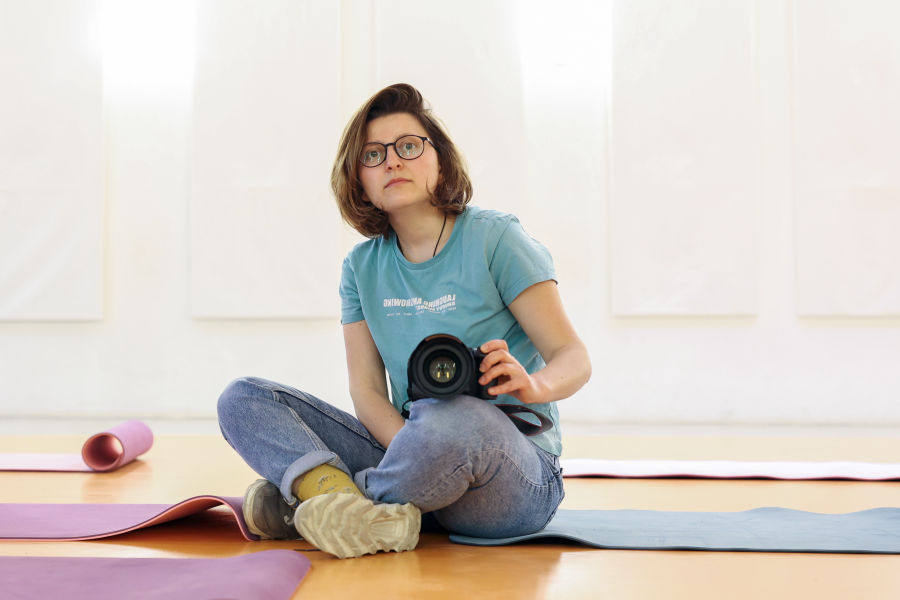
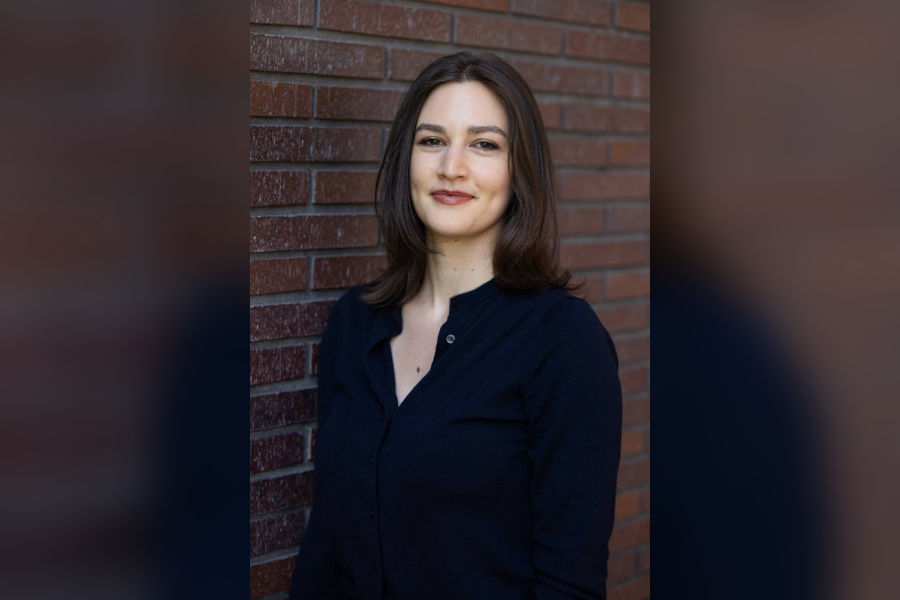
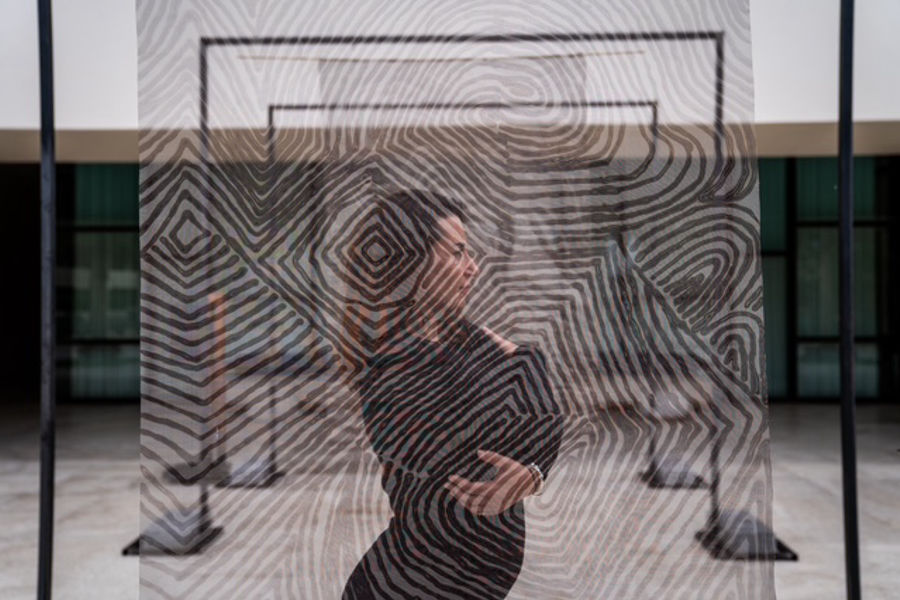
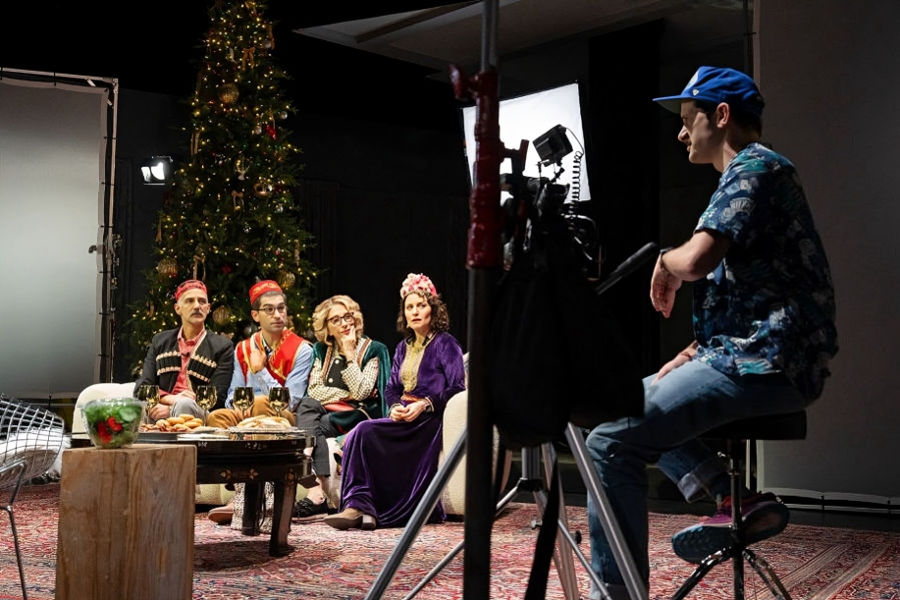
How come in this whole article, only her birthname is mentioned as an Armenian, yet, throughout the whole article she never used any word pertaining to Armenia or Armenians.
As an Armenian, I would like to know how could I be connected to her, or how could she be connected with Armenians? I hope , that we have not lost another talented Armenian.
I like to ask the author of this article, Ms. Melody Seraydarian, how come she never asked her what is her connections with Armenians. All I know that “she is born Azniv Korkejian in Aleppo, Syria to an Armenian family, Bedouine (derived from the Arabic word “badawī,” a nomadic Arab of the Arabian, Syrian or northern African deserts”.
I happen to be born in an Arabic city of population 175,000, with less than 10 Armenian families, and I had also too many bedouine friends, but I made sure my Armenian name and Last name was not kept hidden, neither changed nor modified. Instead, I made sure to acknowledge my Armenian heritage and background whenever and wherever. Honestly, the main ingredient of this article lacks Armenian spirit. It breaks my heart to see another talented Armenian lost to dust.
Otherwise, it is well written.
Her fan base is not Armenian, however she does sing in her native language (Western Armenian), she has a song she wrote called Louice (light).
I agree with your notations and have asked similar questions to author about various other articles lacking core Armenian spirit and haven’t received a reply. Her writing skills are very good; however that in itself is not sufficient. An author should be able to elaborate on their article and not just provide basic facts which can be located on a website. It defeats the purpose to a great extent. The public needs to be made aware of pertinent details about each and every single Armenian person’s heritage. We are few, which makes it more relevant.
Hi Mr. Benlian! Bedouine sings in English as I write in English. It is merely the tool we use to reach the widest audience possible, and showcase our beautiful heritage alongside it. Personally, I don’t think there is an inherent issue with singing or writing in English, as it simply may just be the language one is most comfortable using to deliver their message. It is completely unfair to state that by speaking English, one lacks Armenian spirit. And though it may not be relevant, this article was not a Bedouine biography; it was merely written to highlight her new album (which I highly recommend).
Hi Roubig! Thank you for reading! How does Bedouine lack core Armenian spirit? Because she sings songs in English? What do you think is the correlation there?
Hello Melody! How do I share music news with you? I have two Armenian jazz female artists performing in Tribeca. Can I share details with you? Thanks.
April for THE DJANGO
Hi April! You are more than welcome to email me at melodyseraydarian@gmail.com! Thank you for your comment!